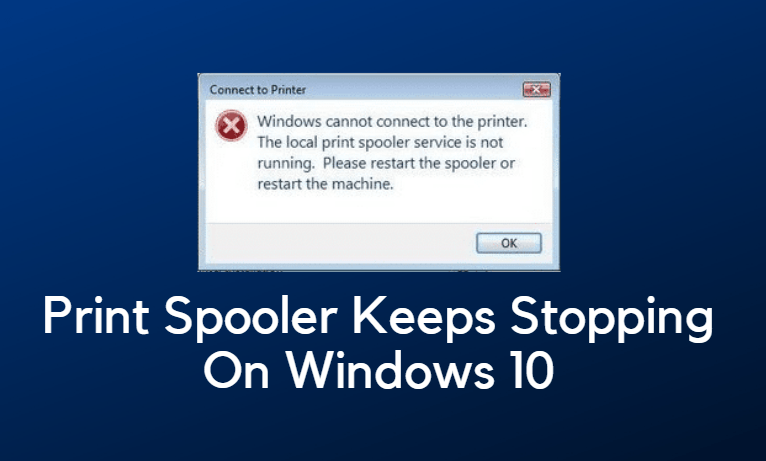Walmart is one of the largest retail corporations in the world, and its extensive inventory, competitive pricing, and vast supply chain have made it an attractive option for individuals and businesses looking to sell products online. Among the many e-commerce strategies gaining popularity today is dropshipping. This business model allows sellers to sell products without maintaining inventory, as items are directly shipped to the customer from suppliers or manufacturers. If you’re considering leveraging Walmart’s offerings for your own dropshipping venture, the key question is: Does Walmart offer a dropshipping service for products?
What Is Dropshipping?
Before diving into Walmart’s policies, it’s essential to understand the concept of dropshipping. Dropshipping is a retail fulfillment method wherein the seller does not keep physical stock of the items they sell. When a customer places an order, the seller purchases the item from a third party, typically a wholesaler or supplier, who then ships it directly to the buyer. The seller profits from the markup between their selling price and the supplier’s price.
This business model requires minimal upfront investment since there’s no need to purchase inventory in bulk or manage warehousing. It is appealing for entrepreneurs looking to run a business with lower risks and operational costs.
Does Walmart Offer a Dropshipping Service?
Walmart does not explicitly offer a dedicated dropshipping service that functions like a supplier within the traditional dropshipping model. However, it does provide two avenues through which individuals or businesses may engage in activities loosely related to dropshipping:
1. Walmart Marketplace
Walmart allows third-party sellers to list and sell products directly through its Walmart Marketplace. Much like Amazon’s third-party seller model, this platform connects sellers with Walmart’s vast online customer base. While Walmart does not facilitate inventory management or shipping for its Marketplace sellers, third-party sellers may choose to dropship from their own suppliers to fulfill orders.
It’s worth noting that Walmart has strict policies regarding product quality, shipping times, and customer service. Dropshipping sellers on the Marketplace must establish reliable partnerships with their suppliers to ensure orders are fulfilled efficiently and meet Walmart’s high standards.
2. Walmart as a Supplier
Though Walmart does not officially act as a dropshipping supplier, some entrepreneurs utilize Walmart’s vast online store as a pseudo-supplier. These individuals engage in “retail arbitrage” or similar models where they list Walmart products for sale on other e-commerce platforms such as eBay, Amazon, or Shopify. When a customer places an order, the seller purchases the product from Walmart and has it shipped to the buyer.

This strategy, known as “Walmart dropshipping,” is controversial and risky:
- Walmart may cancel orders if they suspect you’re reselling items, as this practice violates their Terms of Use.
- The method often results in poor customer experiences due to packaging inconsistencies or delays.
- It lacks transparency; customers may recognize the source of the product, eroding trust in your brand.
For these reasons, retail arbitrage involving Walmart should not be considered a true dropshipping partnership or a sustainable business strategy.
Advantages and Drawbacks of Using Walmart for Dropshipping
While Walmart itself does not actively support dropshipping, its platform can still play a role in entrepreneurial efforts. Here are some potential advantages and challenges:
Advantages:
- Wide Product Selection: Walmart’s inventory is diverse, including products in categories like home goods, electronics, apparel, and more.
- Competitive Pricing: Walmart offers some of the lowest prices on the market, allowing sellers to find profitable margins.
- Fast Shipping: Walmart provides quick, reliable shipping options, which can benefit customers.
Drawbacks:
- Policy Restrictions: Walmart prohibits reselling in its Terms of Use, raising risks for those using its products in dropshipping models.
- Customer Confusion: Packages shipped directly from Walmart may confuse customers or reflect poorly on the seller’s brand.
- Unreliable for Scale: If Walmart detects high-volume purchases for resale purposes, they may cancel your orders or limit your account usage.

Conclusion
In summary, Walmart does not offer an official dropshipping service for products. Entrepreneurs looking to start a dropshipping business should consider using Walmart carefully within their business model to avoid violating its policies or compromising their customer experience. While Walmart products may be an attractive option for certain scenarios, relying entirely on the company as a pseudo-supplier is neither reliable nor sustainable in the long term.
For those serious about succeeding with dropshipping, it is advisable to work with dedicated suppliers or use platforms like Oberlo, AliExpress, or Spocket, which are specifically designed for dropshipping partnerships. Taking these routes can help you build a more professional and consistent business without unnecessary complications.





